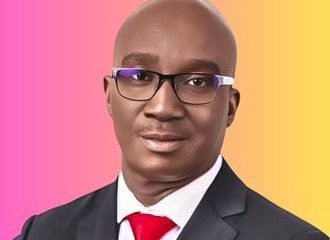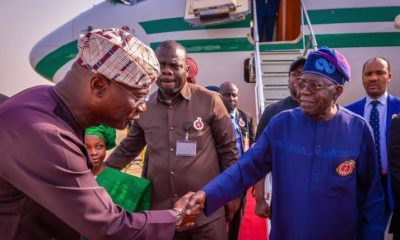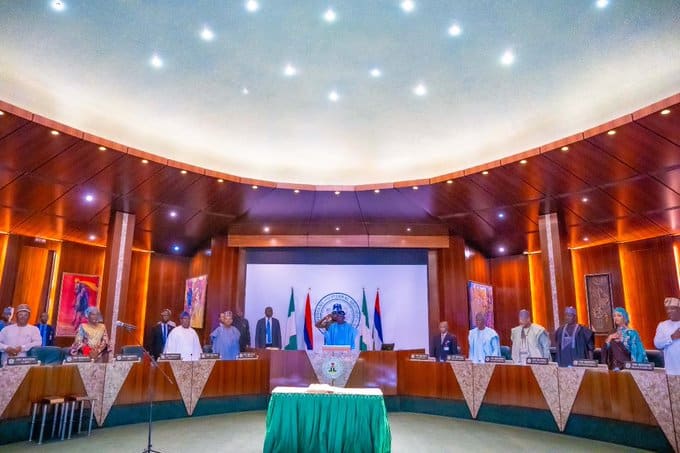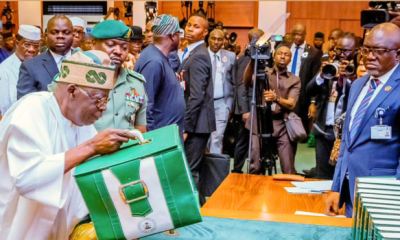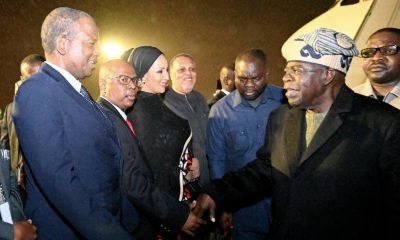Sports
NSC chairman, Shehu Dikko Unveils Vision To Transform Nigeria’s Sports Landscape
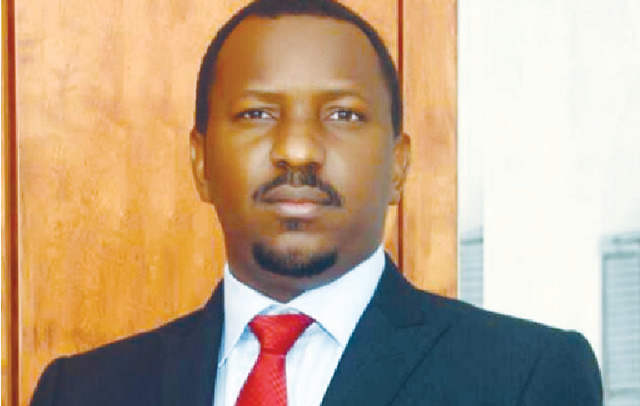
This approach aims to fully unlock the sector’s potential to contribute to the national economy, aligning with President Bola Ahmed Tinubu’s vision.
EDITOR’S PICKS
- ‘I Feel Sorry For Joshua’ After Knockout Loss To Dubois – Fury
- EPL: What We’re Lacking Is Luck – Ten Hag Reacts After Loss To West Ham
- REVEALED: Why TCN Is Struggling To Resolve Power Outages In Northern State
Dikko shared this focus during Wednesday’s handover ceremony from Senator John Enoh, the former Minister of the now-dissolved Ministry of Sports.
He stated that the Commission’s priority is to establish a solid foundation for national sports, allowing sustainable results to naturally follow.
“We cannot continue to run in cycles, so, we need to have a different approach from day one because in my view and indeed the firm view of President Bola Ahmed Tinubu, competitions is what we call “consumption” because we just take scarce resources and burn out abroad without any impact on the domestic sports ecosystem and the Nigerian economy,” he noted.
We have to go back to “production” which is deliberate sports development, where we set the structure right, set the framework and put together good parameters to have a sustainable sports development system which will naturally give us a solid sports economy and guarantee competitive participation in international competitions.
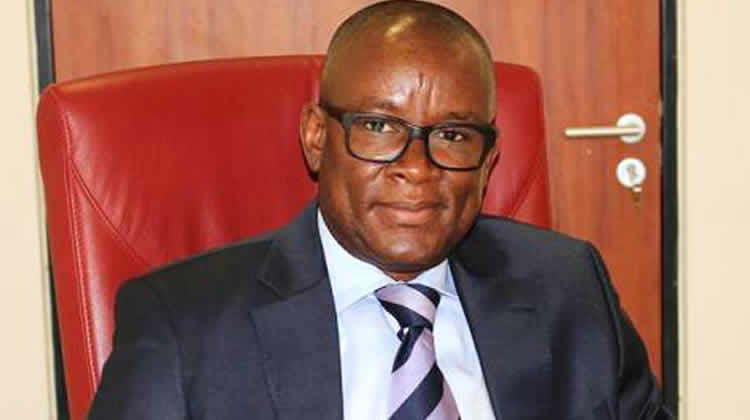
He revealed that, for this reason, his administration of the National Sports Commission will focus on three cardinal planks for development, “first of which is to run sports “as a National Asset, entitled to special privileges, regulations and concessions to drive growth and development, to open its potentials to be a key driver of the economy across all sectors, a vehicle for achieving national cohesion and a platform for the projection of the positive and unique attributes of our culture and national identity.
“We have to also work on legislations and regulations so as to set the framework to enable the industry to grow effectively like what happened in the communications industry some years back”.
“The other pillar is investing in purposeful world class infrastructures that will provide an enabling environment for growth. These infrastructures must be deliberate with maintenance culture and span, from world class infrastructure for professional sports to community infrastructure to drive grassroots sports and mass participation across the country.
“The thinking of Mr President is that, after having some of these in place we should be able to measure the country’s sports by its contribution to the nation’s GDP by at least three percent (3%) addition via sports, the number of jobs provided by sports and its value chain in the country in the next four to five years and, indeed, our competitiveness across all competitions and tournaments.
FURTHER READING
- Oko-Abe Community High School Nears Completion as Rep Wale Raji, Education Commissioner Tolani Alli-Balogun Inspect Epe Schools
- NLC Knocks IMF Over Fuel Subsidy Removal Denial
- N3 Billion Fraud: Labour Ministry Summons National Assembly Staff Leadership
“Thus, it is a visionary decision for Mr. President to approve the return of the National Sports Commission to drive this process and objectives, in line with the best international practices and standards, devoid of any bureaucratic bottlenecks but with absolute professionalism.”
Speaking in more specific terms, Dikko outlined the task before him as structural organization to position and enable the National Sports Commission to implement the desired policies and framework envisaged; facilitation of private sector participation in the sector through investment in talents production and infrastructure development; restructuring and capacity building of the sports federations, and the engagement of competent personnel and partners to deliver on the mandate for optimal performance; policy development by putting together strategies, policies and legislations to protect and support sports development in the country; institutional support by ensuring that the NSC seamlessly assumes the assets and liabilities from the defunct Federal Ministry of Sports; most critically, commencing the process of amending and updating the NSC Act to align with international best practices, creating a professional governance framework; resolving the funding challenges of sports in Nigeria; and providing the enabling environment to drive Mr President’s vision to create a sustainable sports economy in Nigeria.
Click here to watch our video of the week:
Advertise or Publish a Story on EkoHot Blog:
Kindly contact us at [email protected]. Breaking stories should be sent to the above email and substantiated with pictorial evidence.
Citizen journalists will receive a token as data incentive.
Call or Whatsapp: 0803 561 7233, 0703 414 5611




